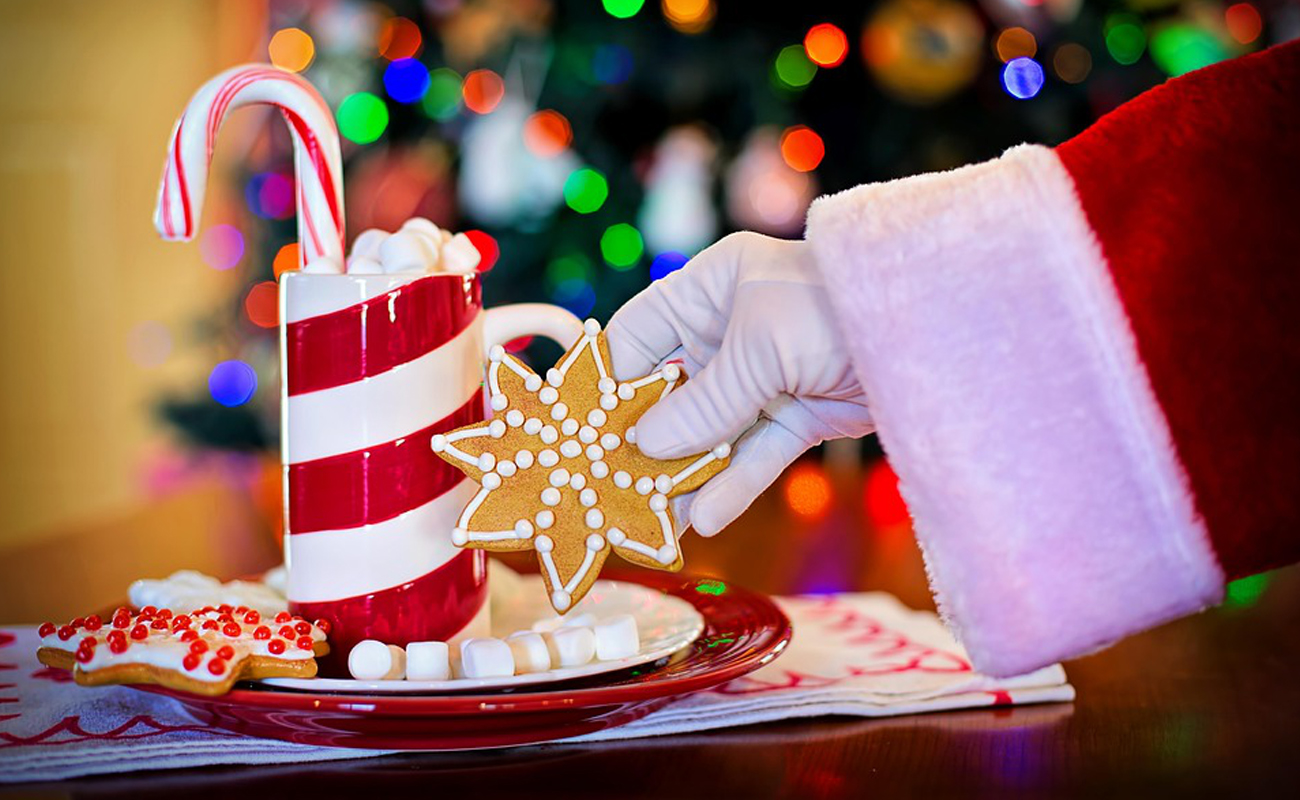Ban on import
The Japanese government held a cabinet meeting on the same day to expand exports of agricultural, forestry and water products. According to the implementation strategy announced at the meeting, in order to reduce the impact of China’s suspension of imports on Japan’s aquatic products industry, the Japanese government plans to open up new markets and export major aquatic products such as scallops to South Korea and the European Union.
In the latest implementation strategy, the Japanese government maintained the goal of increasing the total export of agricultural, forestry and water products to 2 trillion yen (about 100.3 billion yuan) by 2025. Among them, the export target of scallops was also maintained at 65.6 billion yen.
According to reports, China has been the largest exporter of Japanese aquatic products, with scallops being the main export product. In August this year, after Japan forcibly started the discharge of nuclear-contaminated water into the sea, China announced a complete suspension of imports of Japanese aquatic products. The Japanese scallop industry has been hit hard. In order to revive the scallop industry, Japan’s new executive strategy proposes to explore new markets, including South Korea and the European Union as new export markets. In addition, Japan also plans to build a new supply chain of scallops, which are shelled in Thailand and other places and exported to the United States and other places.
According to Yonhap News Agency reported on the 26th, Park Guran, the first deputy minister of State of the South Korean Office of State Adjustment, said on the same day that the South Korean government still bans the import of all aquatic products from eight prefectures near Fukushima, Japan. For aquatic products such as scallops from other parts of Japan, the South Korean side will test for radioactive substances for each import, and even if trace amounts are found, it will also require the submission of relevant certificates, which is effectively equivalent to banning imports.
As for Japan’s plan to export scallops banned by China to South Korea and the European Union, Park said that this is just Japan’s plan. He said the South Korean government will continue to implement import controls on seafood from Nissan and strictly test for radioactive substances.
According to data from the Japanese Fisheries Agency, Japan’s total exports of aquatic products in 2022 will be about 387 billion yen ($2.6 billion), and exports of Japanese aquatic products to China will account for about 22.5% of the total, and China is its largest exporter, among which scallops, bonito and tuna are the main export varieties to China.

